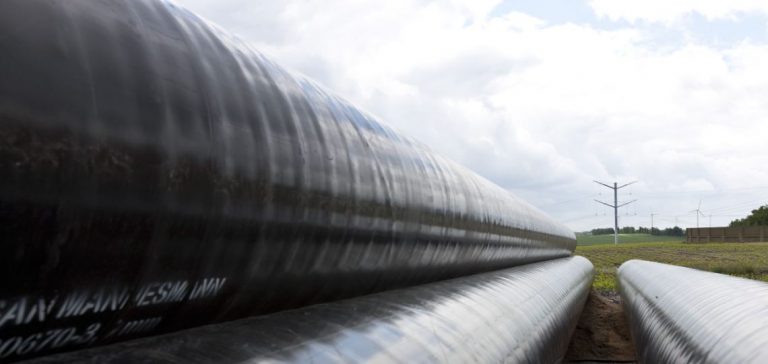Denmark has decided to postpone the rollout of its green hydrogen pipeline project to Germany from 2028 to 2031. This delay aims to ensure better coordination of the integration of renewable energy sources, such as offshore wind power, and to align with the growing hydrogen demand in Germany. This decision is part of an ongoing collaboration between Denmark’s transmission system operator, Energinet, and Germany’s Gasunie, to create a reliable and large-scale green hydrogen transmission network between the two countries.
Danish authorities highlighted the need to optimize both infrastructure and regulatory frameworks to support large-scale cross-border green hydrogen projects. According to the Joint Declaration of Intent signed by the Danish and German governments in 2023, the goal is to establish a hydrogen interconnector that can transport green hydrogen produced in Denmark to the industrial heartlands of northern Germany. The new timeline aims to prevent bottlenecks and ensure a seamless integration of hydrogen supply chains with existing energy systems.
Denmark’s green hydrogen export strategy
Denmark aims to leverage its strong offshore wind resources to become a net exporter of green hydrogen by 2030, targeting up to 6 GW of electrolysis capacity. This project is critical for Denmark’s energy strategy, as it positions the country as a leader in renewable hydrogen exports. On the German side, the pipeline is seen as a crucial element to meet the increasing demand for hydrogen, especially in industries transitioning towards cleaner energy sources.
Alignment of standards and financing opportunities
The partnership between Denmark and Germany also involves strategic cooperation on investment frameworks, alignment of regulatory standards, and exploring financing opportunities through the EU’s Connecting Europe Facility (CEF). The revised timeline reflects both countries’ commitment to establishing a robust hydrogen infrastructure, ensuring it is not just market-driven but also resilient and future-proof.
Impact on European decarbonation goals
While this delay is seen as a setback in some quarters, it highlights the complexity of deploying green hydrogen at scale. It is expected that, once completed, the pipeline will significantly contribute to the European Union’s broader decarbonation goals by supporting large-scale cross-border transmission of renewable hydrogen, thereby reducing reliance on traditional energy imports and strengthening energy security.






















